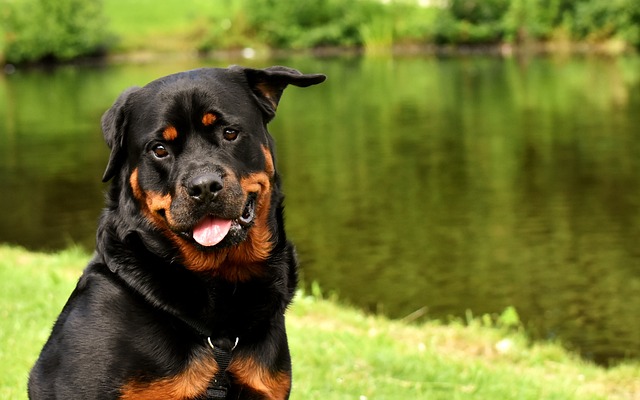
How do i train my dog to be obedient?
Watching your dog dart across the park ignoring your calls isn’t just frustrating—it can put them at risk near busy streets or public spaces.
Discovering your previously reliable Labradoodle has left unexpected surprises on your apartment's new rug can be both frustrating and concerning—but this sudden change in bathroom habits usually signals something worth investigating. When house-trained dogs begin indoor defecation, it's typically one of three triggers: medical issues like gastrointestinal inflammation or parasites, environmental stressors such as new construction noises in your building, or routine disruptions like your return to office work after pandemic remote periods. Scientifically, dogs don't eliminate indoors out of spite—their digestive systems operate on routine and comfort, so changes indicate either physical discomfort or anxiety. Your first step should always be a veterinary visit to rule out conditions like colitis or food sensitivities; in fact, many states including New York consider failure to address sudden behavioral changes as potential neglect under animal welfare interpretations. Culturally, American dog ownership emphasizes proactive healthcare, viewing such changes as communication attempts rather than behavioral failures.

If medical issues are ruled out, examine environmental factors through your dog's perspective. That new balcony garden might have introduced unfamiliar animal scents triggering territorial marking, or perhaps holiday fireworks have created anxiety that manifests in digestive upset. Reinforce training using positive reinforcement methods—increase outdoor reward value with special treats and never rub noses in accidents, as this violates modern training ethics and often increases anxiety. For apartment dwellers, create predictable potty schedules with additional midday walks if possible, using puppy pads near elevators as emergency options during extreme weather. Remember that dietary changes or new treats can disrupt digestive consistency; maintain consistent nutrition and transition foods gradually over 7-10 days when necessary.
Practical management integrates with community responsibilities. Ensure rabies vaccinations remain current—mandatory nationwide—as stress can impact immune responses. During additional outdoor trips for retraining, always carry extra waste bags; cities like San Francisco issue $300 fines for uncollected waste, and prompt cleanup demonstrates neighborly respect. In multi-unit buildings, immediately use enzymatic cleaners on accident sites to prevent odor permeation that could violate lease agreements. Be mindful that whining to go out might increase temporarily; informing neighbors about your retraining efforts often preempts noise complaints. Ultimately, addressing this challenge patiently reflects the American cultural expectation that responsible owners meet behavioral changes with investigation and compassion rather than frustration.

Watching your dog dart across the park ignoring your calls isn’t just frustrating—it can put them at risk near busy streets or public spaces.

New puppy owners often find themselves rushing to clean up accidents before they set in, and that’s where puppy pad training becomes a game-changer.

If you've noticed your dog's waistline disappearing and your veterinarian has mentioned those few extra pounds, your first instinct might be to simply reduce the amount of food in their bowl.

Training a dog to use a designated spot indoors isn’t as daunting as many new owners fear, but it does take consistency and an understanding of your pet’s needs.

That moment of dread on a walk is all too familiar for many new dog owners. You see another dog approaching down the sidewalk of your neighborhood

If the sight of another dog on your neighborhood walk makes your heart sink as your own dog erupts into a frenzy of barking and lunging, you're not alone.